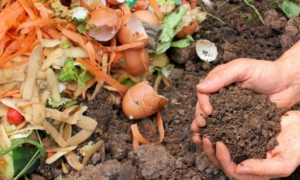Why is it important to recycle food waste?
By EVE Operations Team

Separating organic waste from general waste allows food waste, which would otherwise end up at landfill sites, to be recycled to create energy to heat and power homes and businesses. However, many homeowners are unaware of the benefit of separate food waste collections and how it can reduce damaging greenhouse gas (GHG) emissions in the atmosphere.
Every year around 9.5 million tonnes of food waste is generated by UK households, businesses, retailers and manufacturers[1]. Of this, around 70% is edible food waste, with the remaining 30% being inedible (bones, rinds, peels etc)[2]. It’s scary to think that this waste amounts to around 36 million tonnes of GHG emissions every year[3] when organic waste is not separated from general waste.
Ultimately, the UK – and the rest of the world – must cut down on the food waste produced. However, it is inevitable that there will always be some unavoidable waste, so how can we best deal with this?
Below we consider the importance of disposing of food waste correctly to cut our carbon emissions and how anaerobic digestion (AD) can be used to treat the waste and produce green energy.
Why is food waste such a big issue?
As a nation, we generate a large amount of food waste, which is often thrown away with our general waste, ending up in landfill. When food waste is deposited at landfill sites, the food is left to decompose. As food rots it releases methane – a gas which is more harmful than CO2. Methane traps heat within the atmosphere, contributing to global heating and the climate crisis.
What are the benefits of using anaerobic digestion to recycle food waste?
AD uses food waste to produce energy to heat and powers homes and businesses. By diverting food waste to AD, organic materials can be kept out of landfill sites.
AD is a natural process where organic matter is broken down by bacteria in the absence of oxygen. This process generates biogas – a mixture of predominantly methane and CO2. Biogas can be put through an upgrader to remove the CO2 and produce biomethane – a gas which is compatible with most household gas boilers. The CO2 removed from the biogas can be used by the hospitality, food production and pharmaceutical industries.
Not only does AD produce a sustainable alternative to fossil fuels, it also creates digestate which can be used by local farms as an alternative to chemically derived fertiliser. Digestate biofertiliser can be used to condition the ground by supplying key nutrients to the soil.
How can we encourage food waste to be recycled through AD?
The UK has a target to eliminate all unnecessary waste by 2050. In a bid to achieve this, mandatory household food waste collections will be brought into force in 2023. This obligation, requiring all households to dispose of their food waste separately, will help to reduce the amount of food waste which ends up at our landfill sites.
By having a dedicated container for food waste, consumers will be more aware of, and hopefully reducing, the amount of food which they are disposing of on a weekly basis.
The food waste collected will provide an ideal feedstock for AD plants, providing a sustainable source of green energy, CO2 and digestate.
By recycling the unavoidable food waste we produce, we can reduce our reliance on external energy sources such as fossil fuels and increase our energy independence.
Top tips for reducing your food waste
- Store food correctly to increase the shelf life and longevity of the products
- Meal plan to ensure you’re only buying what you need
- Bulk cook and freeze to avoid using half of a product
- Understand the difference between ‘best before’ and ‘use by’ dates so you aren’t throwing away food which is still safe to eat
- Use your food waste bin to separate food waste from general waste
[1] food- surplus-and- waste-in-the- uk-key-facts-oct-21.pdf (wrap.org.uk)
[2] Ibid.


